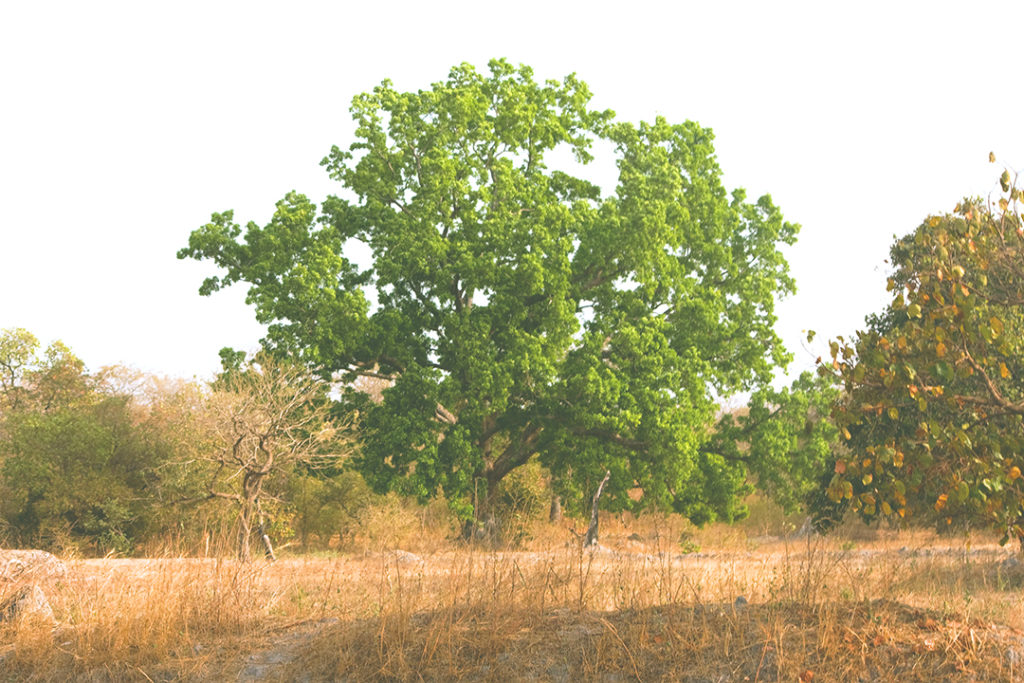
Gabon
Gabon Mahogany “Okoumé”
Aucoumea klaineana

General Description / Cultural Significance
Okoumé, Aucoumea klaineana, is a large tree native to Gabon that serves as their primary timber species. Gum-resin is obtained from the bark of the tree and is known to treat wounds and abscesses. It is often used cosmetically, in products such as skin care and nail polish, as well as in lamps and for incense. The wood of the tree itself is a pale salmon pink color and used traditionally to make canoes in Gabon. It is also widely used to construct furniture and other small wood items like boxes. The timber is commercially important to the country, as it makes up about 60% of their timber production. Both the timber and the gum resin have many uses and are exported from the country.
A number of Gabon’s tribes were originally forest-dwellers and the majority of their traditions center on their religious worship and beliefs about the afterlife. Many artifacts were created from Gabon Mahogany, including musical instruments, masks, and sculptures that were used in their worship and rites.
Climate Change/Conservation Status
Gabon is the first country in Africa to receive payment and to be rewarded for their reduced emissions, which were related to deforestation. The Central African Forest Initiative (CAFI) made the payment through an agreement with the country. The forests in Gabon are home to a large amount of diverse wildlife, and they work to absorb a large amount of CO2, which is why much of the land is preserved or named national parks. Plans have been made in Gabon to use the sum of money from CAFI in order to further invest in science and forest management.
The Gabon Mahogany forest once covered west and central Gabon. In spite of efforts made by the country, repeated logging has brought about severe deterioration of the trees’ gene pool in several areas. Researchers from the IUCN Red List of Threatened Species are concerned for the long-term status of the tree and have listed it as Vulnerable to extinction.
Seeds in the wild are only viable for a month. If they are professionally maintained, they can be viable only up to three years. The IUCN has recommended the development of breeding programs, which are desperately needed.
Alternate Names
Angouma
N’Koumi
Moukoumi
Gabon

